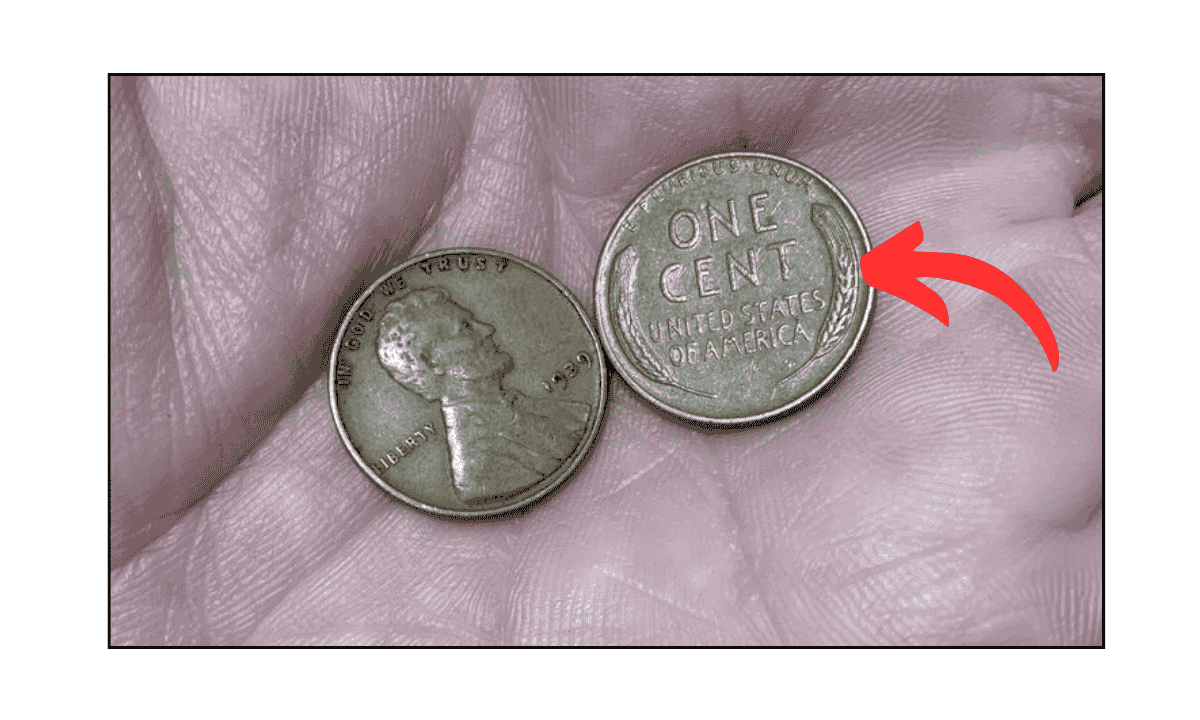How to Clean your Copper or Zinc Pennies without loosing its Value: Got a bunch of dirty old pennies lying around? Whether you collect coins or just want them to look shiny for fun, there are several safe and easy ways to clean copper and zinc pennies using things you probably already have at home—like vinegar, ketchup, Coca-Cola, or dish soap. In this guide, we’ll show you the best methods to restore your pennies without damaging them.
Before you start: If you think your penny might be rare or valuable, don’t clean it. Cleaning can lower its value. Always check with a coin expert or appraiser before polishing potentially valuable coins.
Understanding Your Pennies: Copper vs. Zinc
Pennies made before 1982 are mostly copper. Pennies made in or after 1982 are mainly zinc with a thin copper coating. This is important because zinc pennies can get damaged or turn black when exposed to acidic cleaners.
Method 1: Cleaning with Vinegar and Salt (for copper pennies)
Mix 1 teaspoon of salt with ¼ cup of white vinegar in a non-metal bowl. Stir it until the salt dissolves. Soak your copper pennies in this solution for 10 to 15 minutes.
Make sure the pennies don’t overlap. After soaking, take them out, rinse under running water, and let them dry. They should look much shinier! Just don’t try this method on zinc pennies—acid can harm them.
Alternative: If you don’t have vinegar, lemon or orange juice also works.
Method 2: Using Ketchup (yes, really!)
Put enough ketchup in a cup or bowl to cover your pennies. Drop them in and let them sit for about 5 minutes. For stubborn dirt, use a toothbrush halfway through. Then, rinse the pennies under water until all ketchup is gone.
This method works well for copper coins because ketchup contains mild acids like vinegar and tomato juice. Avoid using it on scratched zinc pennies.
Method 3: Cleaning with Coca-Cola
Place your pennies in a single layer in a dish and cover them with Coca-Cola (or any dark soda like Pepsi). Let them sit for 4-5 hours or overnight. Flip the pennies halfway through to clean both sides evenly.
Rinse the coins after soaking, and don’t drink the used soda! It now contains small traces of metal that aren’t safe.
Method 4: Scouring Powder or Baking Soda Paste
Make a thick paste using scouring powder (like Bon Ami or Bar Keepers Friend) or baking soda and a bit of water. Rub this paste onto the penny using your thumb or a soft toothbrush. After 30-60 seconds of rubbing, rinse and dry the coin.

Baking soda is safer for zinc pennies, but test the powder on a spare coin first to avoid discoloration.
Method 5: Eraser Method (safe for all pennies)
Grab a regular pencil eraser or a block eraser and rub it on the penny like you’re erasing pencil marks. This gentle method works well for removing surface grime and is safe for both copper and zinc coins.
Just flip the penny and do the same on the other side. It only takes around 10 seconds per side.
Method 6: Dish Soap and Water (gentle method)
Mix a few drops of mild liquid dish soap (like Dawn) with clean or distilled water. Soak the pennies for several hours or overnight. Use your fingers or a soft brush to rub away dirt if needed.
Also See:
How to Sell Lincoln Wheat Penny, Cent, Rare Coins Online 2025: Complete Guide
This method works on both old and new pennies. For extra shine, follow up with a baking soda rub and rinse.
Important Tips & Warnings
Avoid cleaning pennies if they might be collectible or valuable—cleaning can reduce their worth.
Don’t use acids like vinegar on zinc pennies, especially if they’re scratched. It can cause black spots.
Always rinse your coins well after cleaning to avoid weird green or blue coatings forming.
Let your pennies dry on a clean towel or cloth after washing.
Cleaning old pennies can be a fun and simple activity. Just remember to check the type of penny you have before choosing your method. Use vinegar, ketchup, or soda for copper pennies, and stick to gentler methods like dish soap or an eraser for zinc coins. This way, you’ll restore their shine safely and make your collection look great!











